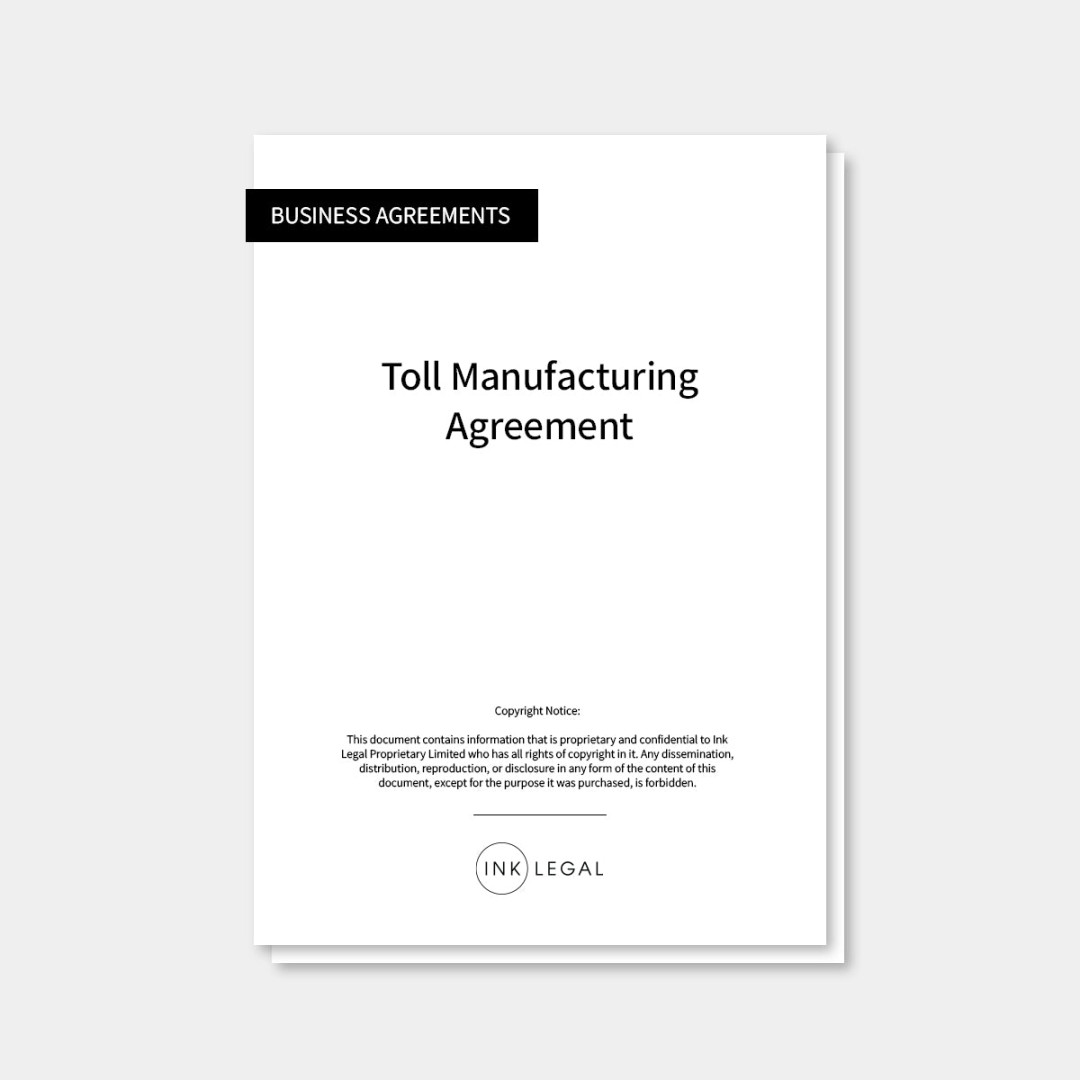A toll processing agreement template is a crucial document for any business that processes transactions online. It outlines the terms and conditions governing the relationship between the merchant (the business accepting payments) and the payment processor (the entity facilitating the transactions). A well-drafted template is essential for protecting both parties’ interests, ensuring smooth and secure payment processing, and minimizing legal risks.
This guide will delve into the key elements that should be included in a professional toll processing agreement template.
Scope of Services

Image Source: inklegal.co.za
This section clearly defines the services provided by the payment processor. It should include:
Types of transactions: Specify the types of transactions covered by the agreement, such as credit card processing, debit card processing, ACH transfers, and e-wallet payments.
Merchant Responsibilities

Image Source: inklegal.co.za
This section outlines the obligations of the merchant. It should include:
Compliance with laws and regulations: The merchant must comply with all applicable laws and regulations, including but not limited to the Payment Card Industry Data Security Standard (PCI DSS), anti-money laundering regulations, and Know Your Customer (KYC) regulations.
Processor Responsibilities
This section outlines the obligations of the processor. It should include:
Secure and reliable processing: The processor must provide secure and reliable payment processing services.
Fees and Charges
This section outlines the fees and charges associated with payment processing. It should include:
Transaction fees: Specify the transaction fees charged by the processor for each type of transaction.
Termination
This section outlines the terms and conditions for terminating the agreement. It should include:
Termination by either party: Specify the grounds for termination by either party, such as breach of contract, insolvency, or change in control.
Governing Law and Jurisdiction
This section specifies the governing law and jurisdiction for the agreement. It should include:
Governing law: Specify the state or country whose laws will govern the agreement.
Confidentiality
This section outlines the confidentiality obligations of both parties. It should include:
Confidentiality of information: Both parties agree to keep confidential all information received from the other party that is deemed confidential.
Representations and Warranties
This section outlines the representations and warranties made by each party. It should include:
Merchant representations and warranties: The merchant represents and warrants that it has the legal authority to enter into the agreement and that all information provided to the processor is true and accurate.
Entire Agreement
This section states that the agreement constitutes the entire agreement between the parties and supersedes all prior or contemporaneous communications, representations, and agreements, whether oral or written.
Amendments
This section outlines the procedures for amending the agreement. It should specify that any amendments to the agreement must be made in writing and signed by both parties.
Severability
This section provides that if any provision of the agreement is held to be invalid or unenforceable, such provision shall be struck and the remaining provisions shall remain in full force and effect.
Force Majeure
This section excuses performance under the agreement in the event of certain unforeseen circumstances, such as natural disasters, war, or acts of terrorism.
Indemnification
This section outlines the indemnification obligations of each party. It should include:
Merchant indemnification: The merchant may be required to indemnify the processor against any losses or liabilities arising from the merchant’s breach of the agreement or non-compliance with applicable laws and regulations.
Limitation of Liability
This section limits the liability of each party for certain types of damages, such as indirect, incidental, and consequential damages.
Notice
This section outlines the procedures for providing notices and other communications under the agreement. It should specify the addresses and methods for providing such notices.
Assignment
This section outlines the restrictions on assignment of the agreement. It may prohibit assignment by either party without the prior written consent of the other party.
Survival
This section specifies which provisions of the agreement will survive termination of the agreement. It typically includes provisions related to confidentiality, indemnification, and limitations of liability.
By incorporating these elements into your toll processing agreement template, you can create a comprehensive and professional document that protects your interests and ensures a smooth and successful payment processing experience.
Remember: This guide provides a general framework. You should consult with an attorney to ensure that your agreement complies with all applicable laws and regulations and meets your specific business needs.